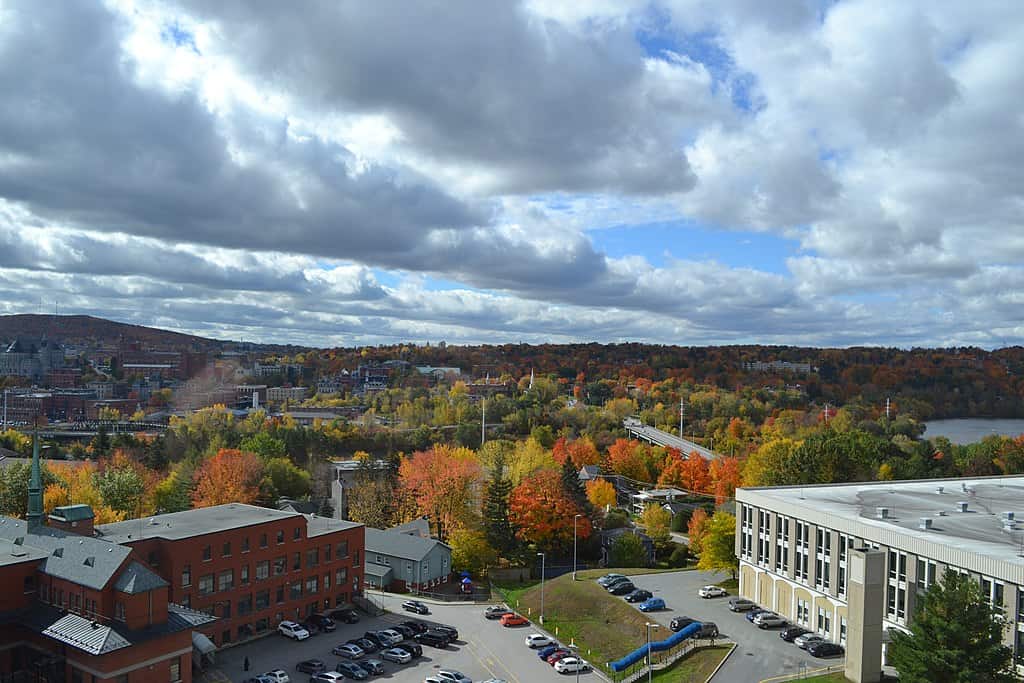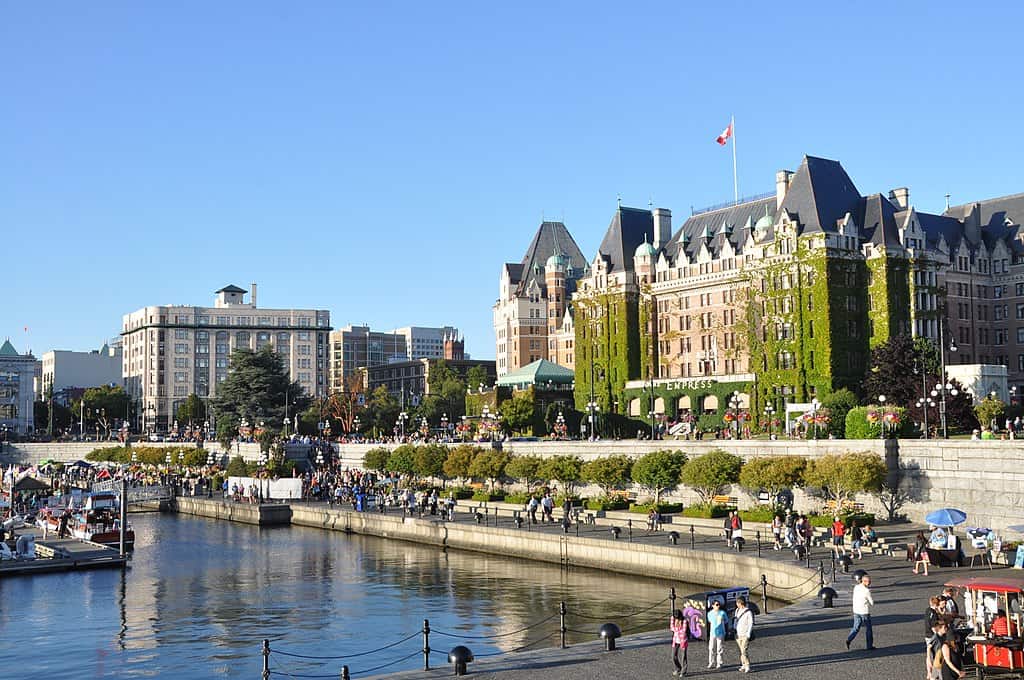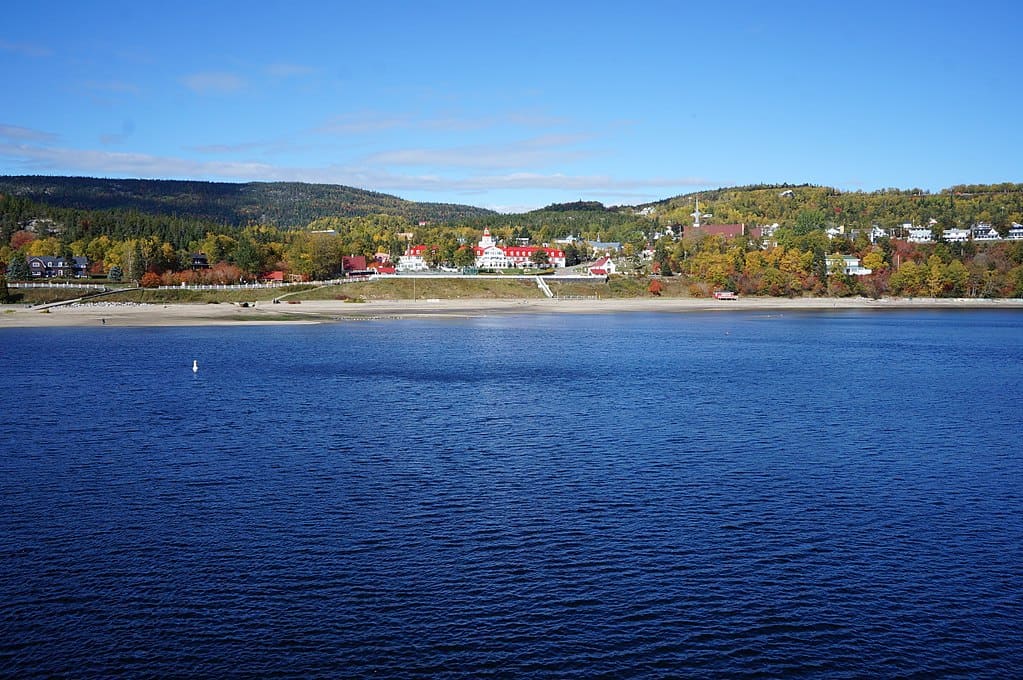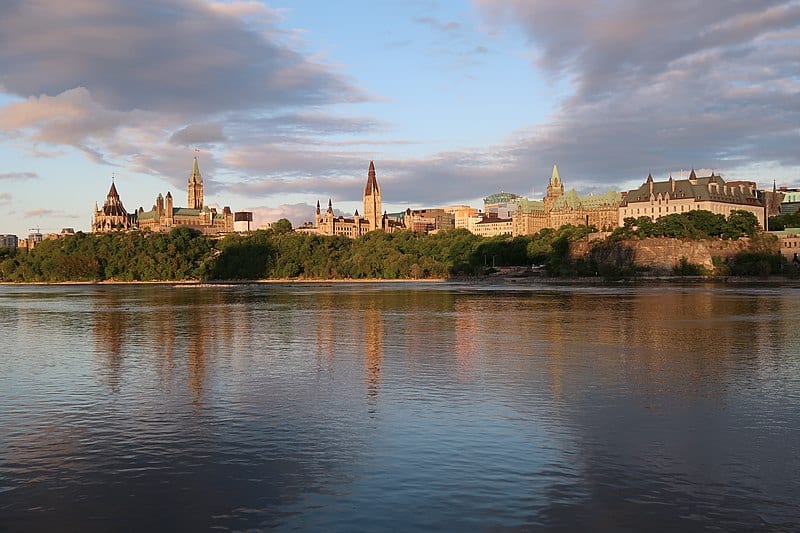As students consider their employment options post-graduation, it’s worth looking into Canadian cities with a low unemployment rate. Why is that something worth investigating? Although it might seem counterintuitive, a low unemployment rate is helpful to job seekers. When there is a limited number of eligible candidates due to high local employment, companies may offer stronger wages or benefits to attract top talent.
Job seekers across Canada can be optimistic as we approach 2022. Per the November 2021 Labour Force Survey by Statistics Canada, nationwide “[e]mployment rose by 154,000 in November and was 186,000 higher than its pre-COVID February 2020 level.” The unemployment rate dropped to 6.0%, nearly recovering to pre-pandemic levels. Employment also grew in six provinces: Alberta, Newfoundland and Labrador, Nova Scotia, Ontario, Prince Edward Island, and Quebec.
However, there are some cities where the labour market is particularly welcoming to new grads with the right skills. Read on to find out which cities made the list (as of November 2021, per Statistics Canada)!

Image Credit: Wilfredor, CC0, via Wikimedia Commons
Quebec City, Quebec
Unemployment Rate: 2.8%
Many say Quebec City is the closest one can get to Europe in North America. Once you see Old Quebec’s cobblestone streets and historic buildings, you’ll understand why! However, this city has its eyes on the future, too. It’s a Canadian hub for electronics and optics-photonics, as well as digital arts and software development. Quebec City is second to only Toronto in Canada in the insurance and financial services sector, so new grads in economics or business would thrive in the Quebecois capital as well.

Image Credit: Cantons-de-l’Est, CC BY-SA 4.0, via Wikimedia Commons
Sherbrooke, Quebec
Unemployment Rate: 3.4%
As the sixth-largest city in Quebec, Sherbrooke is a city on the rise. It’s a smaller community at around 166,000 people, but not far from large cities like Montreal, Quebec City, New York, and Boston. Newcomers to Sherbrooke will want to be comfortable speaking and reading in French, Quebec’s official language. It’s also the language most business and day-to-day life is conducted in! Academic institutions are the major employer: eight institutions educate over 40,000 students and employ over 11,000 people in Sherbrooke every year. Sherbrooke has historically been a manufacturing centre, which is evolving into a more tourism and knowledge-based economy.

Image Credit: abdallahh, CC BY 2.0, via Wikimedia Commons
Victoria, British Columbia
Unemployment Rate: 4.0%
Located on the far western coast of Canada, Victoria is an island city like no other. Beloved by visitors for its variety of outdoor adventures, tourism is a major employer. In fact, Statistics Canada has rated its residents the healthiest people nationwide, and it is also the Cycling Capital of Canada!
Victoria’s proximity to Seattle and Vancouver has created an environment where software companies thrive, contributing over C$3 billion to the economy. As the capital of BC, a number of federal, local, and provincial agencies in town employ a wide variety of locals. Four academic institutions call Victoria home, so new grads hoping to pursue postgraduate studies or enter academia would also be a good fit for this coastal city.
Does Victoria sound like the perfect place to study abroad? Check out schools on ApplyBoard!

Image Credit: Pierre André, CC BY-SA 4.0, via Wikimedia Commons
Saguenay, Quebec
Unemployment Rate: 4.2%
Thanks to an amalgamation in 2002 that united 14 communities, Saguenay has become the seventh largest city in Quebec. It’s set in the northeastern part of the province on one of the largest fjords in the world (the only inhabited one in North America!) Aluminum production and refining employs almost 30,000 people, and 20% of Quebec’s timber industry is local to Saguenay.
In the north, winters are worth preparing for! Here are some tips for enjoying your first Canadian winter.

Image Credit: Yooylee 30, CC BY-SA 4.0, via Wikimedia Commons
Ottawa-Gatineau, Ontario and Quebec
Unemployment Rate: 4.4%
As the only Canadian census metropolitan area that exists in two provinces, Ottawa-Gatineau is literally one-of-a-kind! Also known as the National Capital Region, Ottawa-Gatineau includes the Canadian capital of Ottawa (in Ontario), the city of Gatineau (in Quebec) across the Ottawa River, and surrounding urban and rural communities.
Business in Ottawa is mostly conducted in English, but cross into Gatineau and you’ll hear French everywhere! As the nation’s capital, many residents work in government organizations. Banking and agriculture also contribute heavily to the local and national economy. You’ll also find a strong charitable sector that includes the arts, health care, and sports and recreation. Tech giants like Shopify and Adobe also call Ottawa-Gatineau home.

Image Credit: Murray Foubister, CC BY-SA 2.0, via Wikimedia Commons
Kelowna, British Columbia
Unemployment Rate: 4.4%
Located in the heart of British Columbia, Kelowna attracts people who like to work hard and play hard (preferably, outside.) Set on the shores of Okanagan Lake with world-class skiing and hiking a short drive away, there’s an adventure awaiting everyone.
There are great opportunities in the city, too. The Canadian Federation of Business rated Kelowna Canada’s most entrepreneur-friendly large city, so it could be a perfect match for new grads with start-up dreams. In fact, over 600 technology companies are based in Kelowna and contribute over C$1.8 billion in annual revenue! Other major employers include education, manufacturing, aviation, agriculture (and wineries), tourism, and health care.
As you prepare to move into the workforce, keep these Canadian cities with low unemployment rates in mind. Each one has its own set of benefits and would make a great place to start your career!
Start your study abroad journey by checking out Canadian schools on the ApplyBoard Platform!



